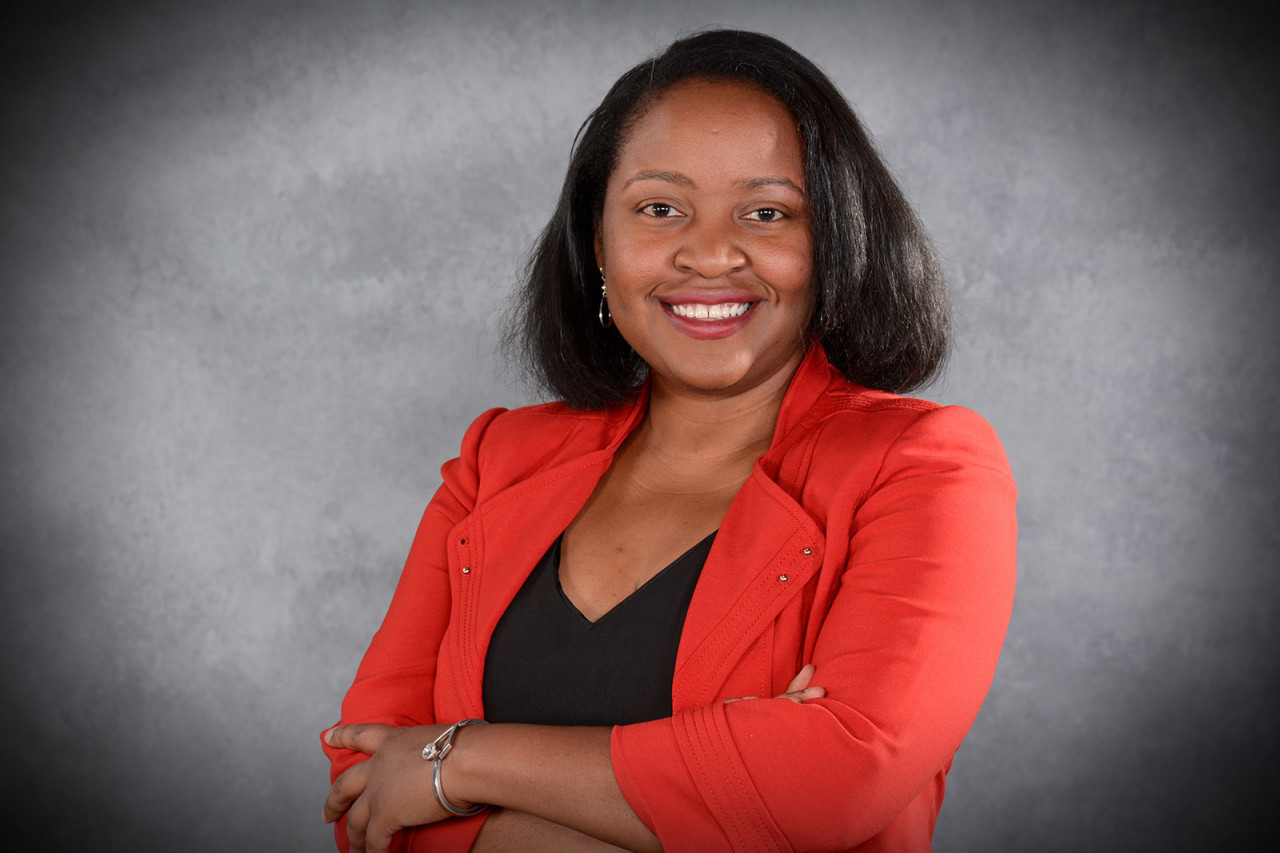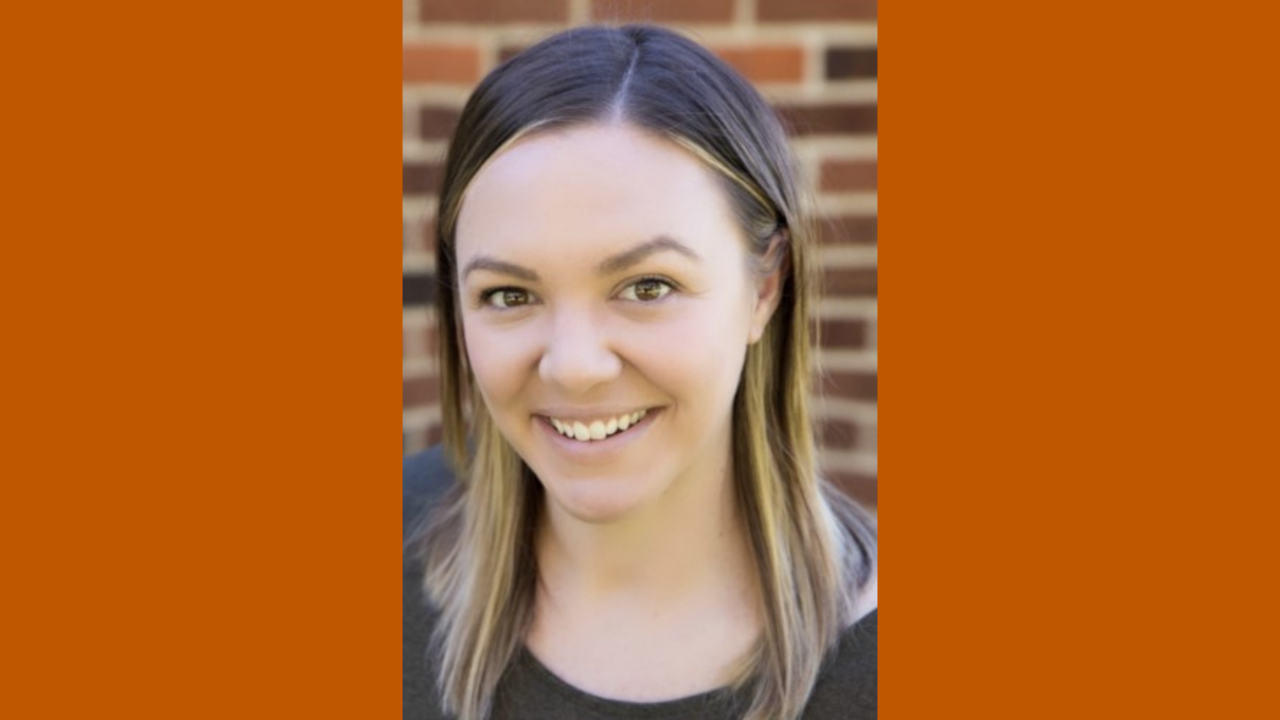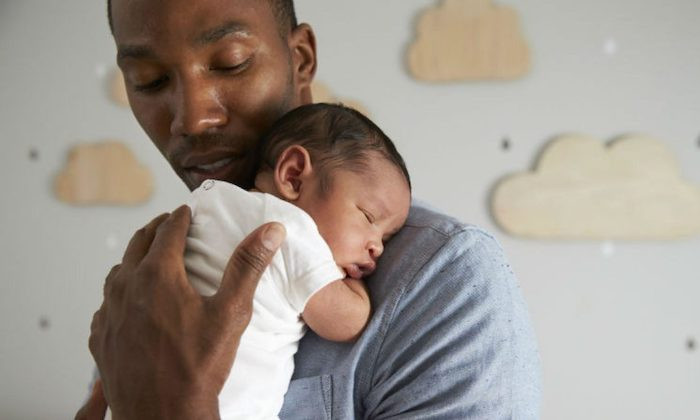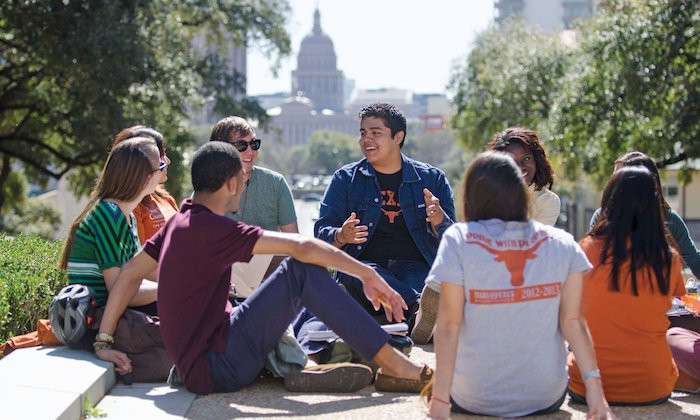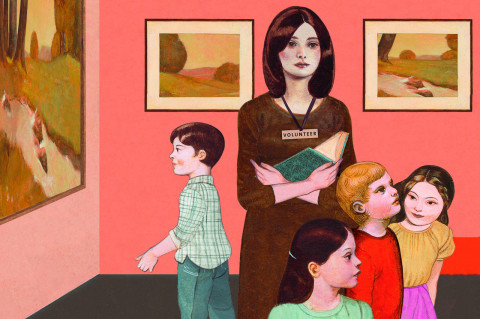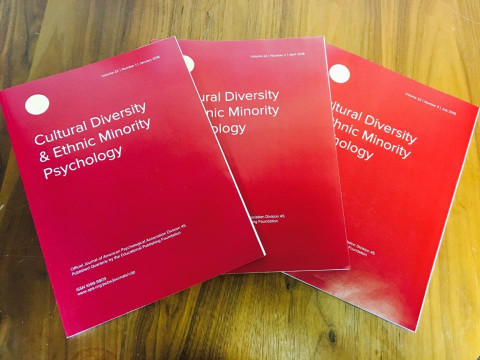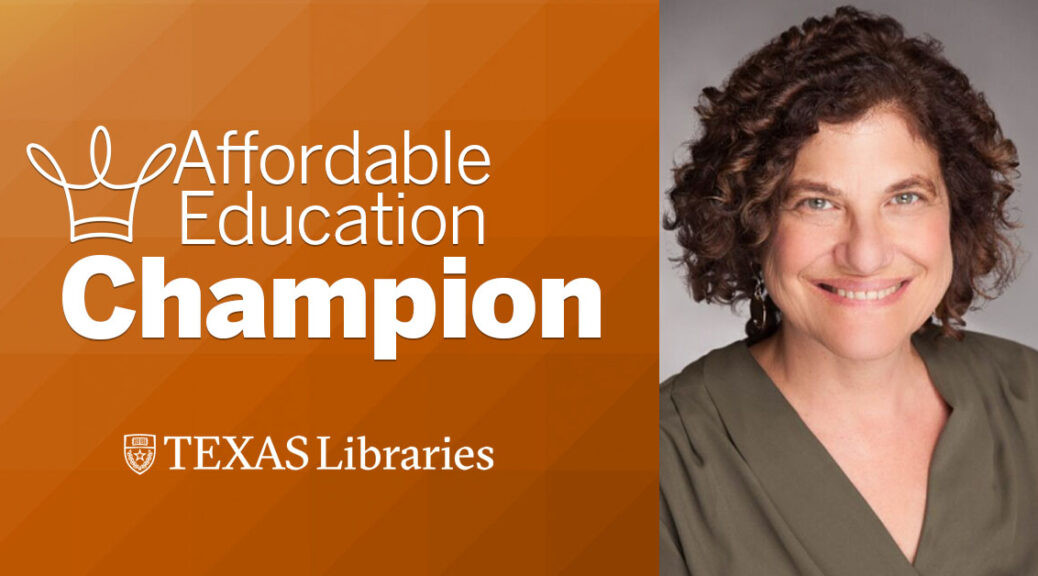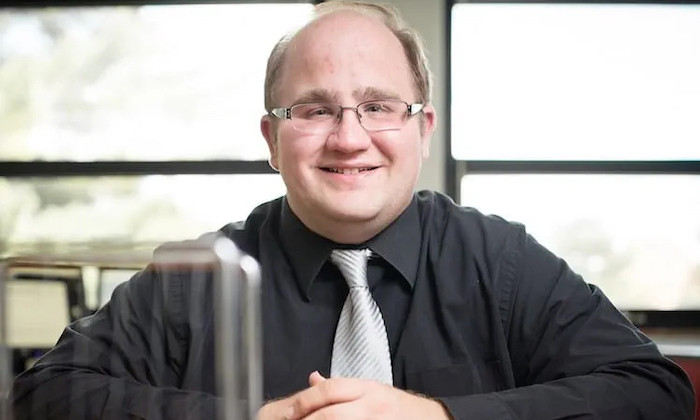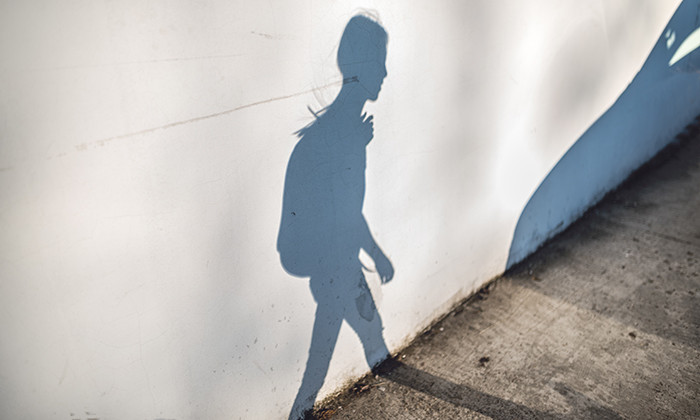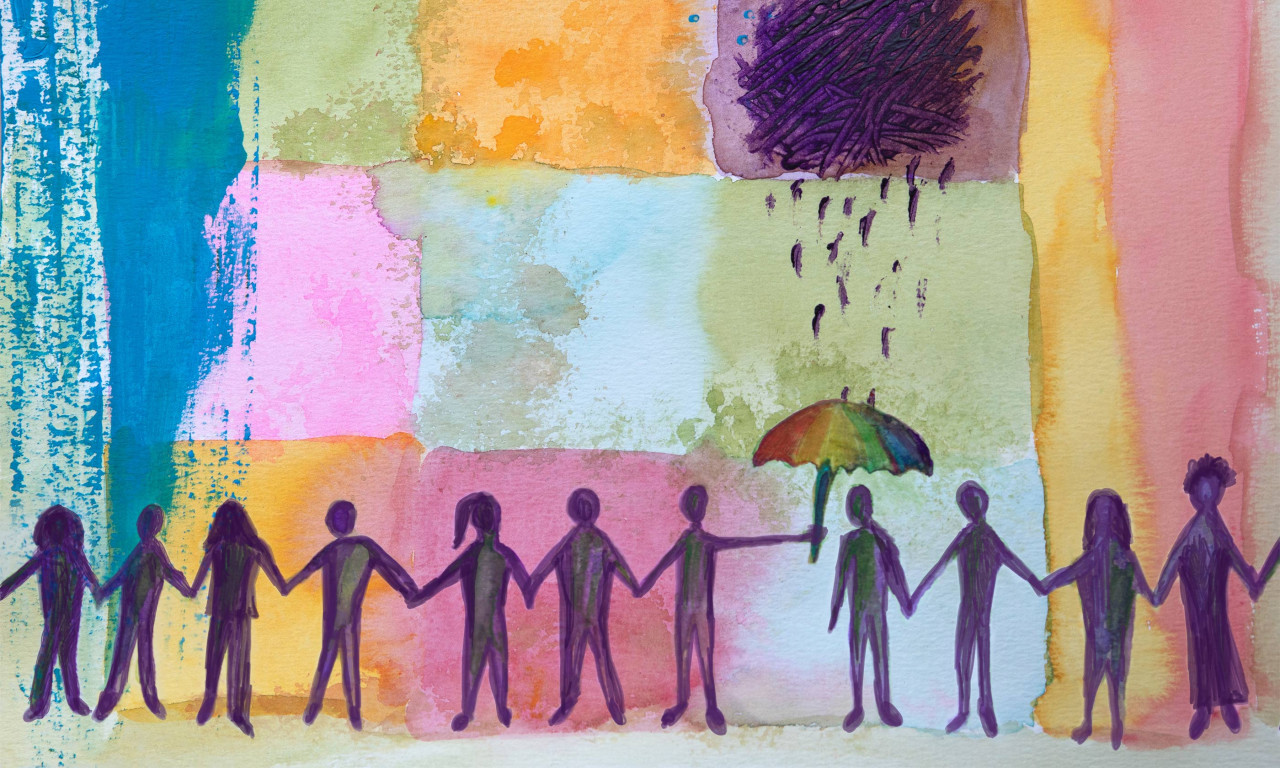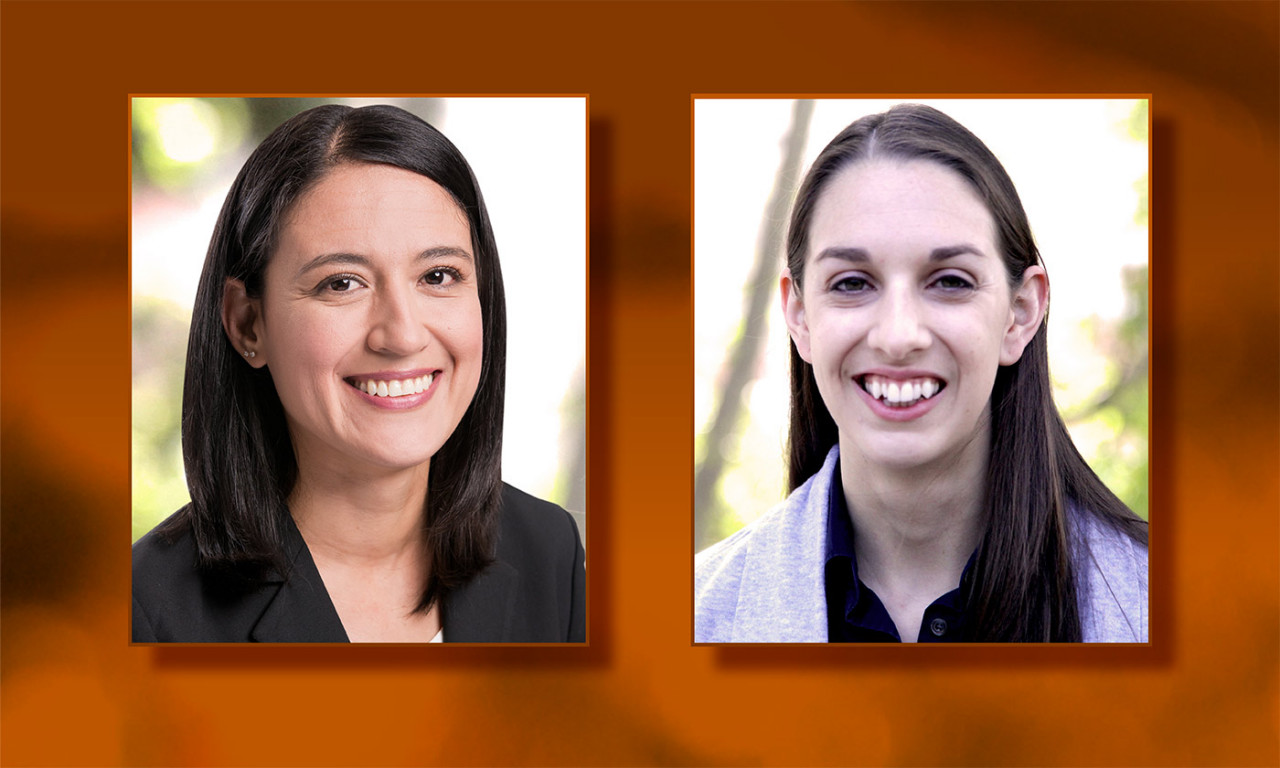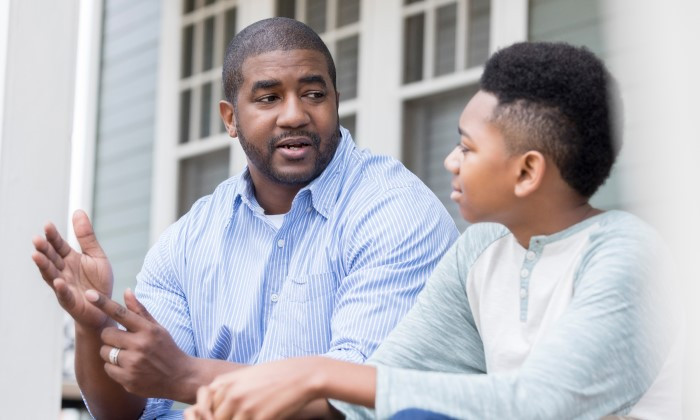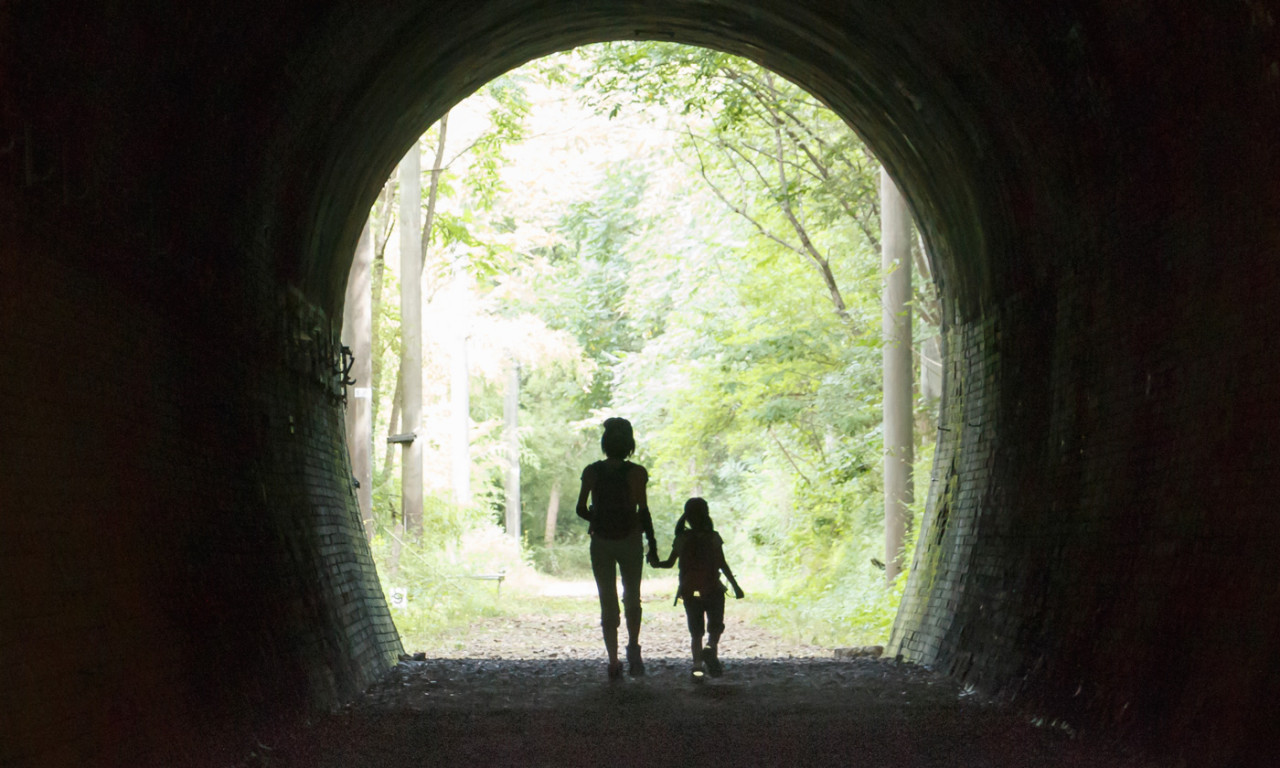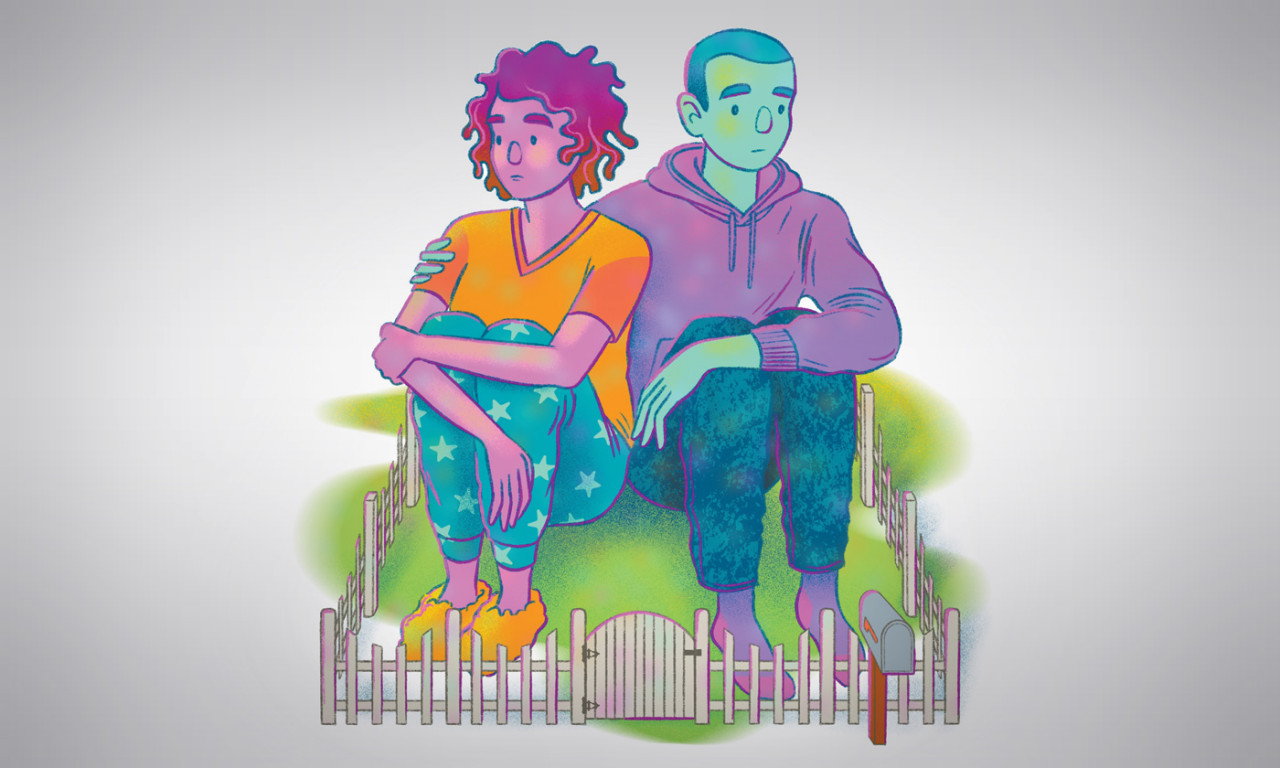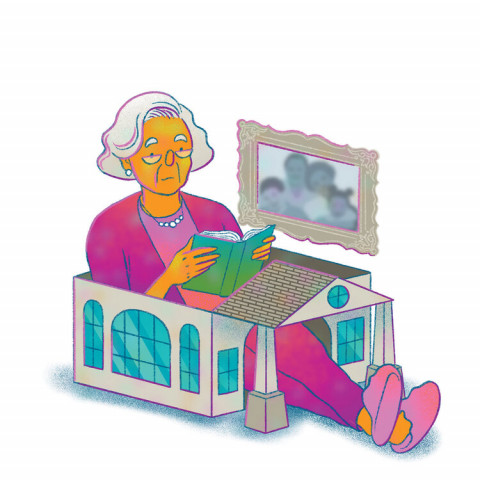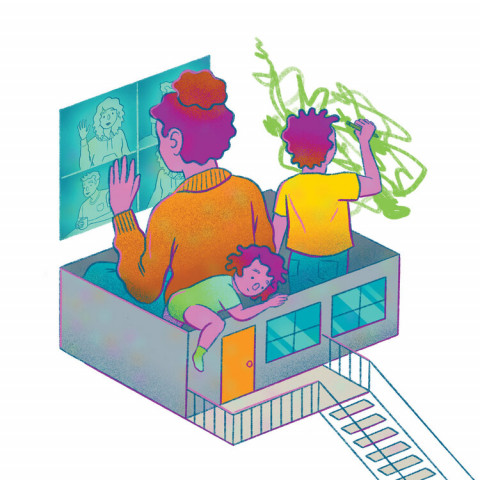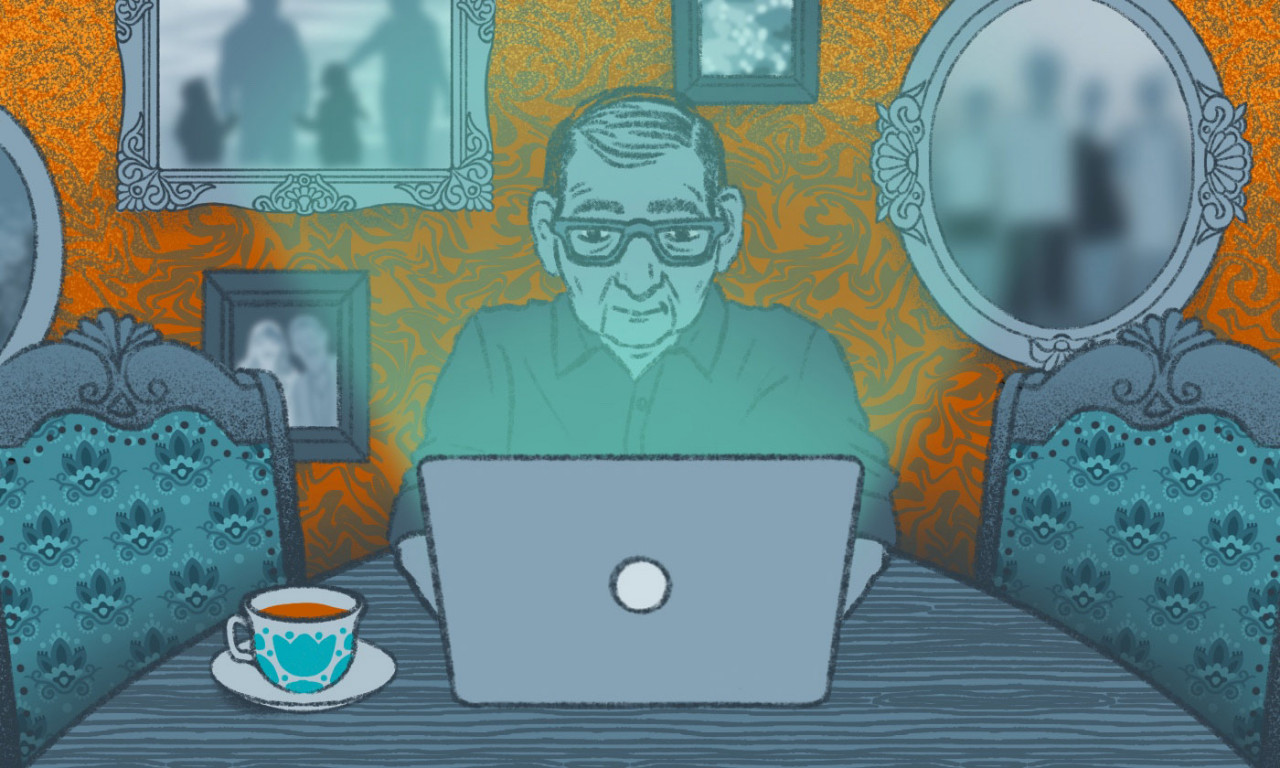News
Deborah Jacobvitz Named an Open Educational Resources Affordable Education Champion
MARCH 8, 2023 TEX LIBRIS LEAVE A COMMENTIn celebration of Open Education Week 2023, the Senate of College Councils, the Natural Sciences Council, and UT Libraries partnered to solicit nominations from students across campus to recognize instructors who increased access and equity by selecting free or low cost course materials for their classes. We'...HDFS Researcher Honored with Early Career Award
Nicole Perry, an assistant professor in the Department of Human Development and Family Sciences at The University of Texas at Austin, has been named the winner of the 2022 Victoria S. Levin Award.
Bill Chopik Awarded Gerontological Society of America Award
The Gerontological Society of America (GSA), the nation's leading interdisciplinary organization devoted to the field of aging, has named Bill Chopik among the outstanding award winners for the year, in recognition of his research on gratitude, aging and whether cultural experiences come into play.
The Richard Kalish Innovative Publication Award was awarded to Chopik for the article, "Grateful expectations: Cultural differences in the curvilinear association between age and gratitude." The award recognized insightful and innovative publications on aging and life course development in the behavioral and social sciences.
Stress Makes Couples Focus on Their Partner’s Worst Habits
Stress can cause romantic couples to focus on their partner's most annoying bad habits, according to a new study from Lisa Neff, a University of Texas at Austin associate professor of human development and family sciences, whose work was featured in several prominent media publications.
he study was published in September in the journal Social Psychological and Personality Science.
"We found that individuals who reported experiencing more stressful life events outside of their relationship, such as problems at work, were especially likely to notice if their partner behaved in an inconsiderate manner," Neff said.
Young Lesbian, Gay and Bisexual Adults Have Worse Mental Health than Older Ones
A new study by The University of Texas at Austin and the Williams Institute at UCLA School of Law finds younger LGBQ adults are physically healthier but have worse psychological health than older LGBQ people.
Researchers examined a representative sample of LGBQ people in the United States from three age groups—young (18-25), middle (34-41), and older (52-59)—to assess how physical and mental health differed among the three generations. Researchers compared several indicators, including alcohol and drug abuse, general and physical health, mental health and psychological distress and positive well-being.
Results showed no difference among the groups in substance abuse or positive well-being. However, several differences were noted when data were analyzed by sexual minority subgroups and gender. Bisexual people were more likely to report drug abuse and have less happiness, social well-being, and life satisfaction compared with gay and lesbian people. Nonbinary people reported worse general health, more psychological distress, and less positive well-being compared to women.
How to Best Support LGTBQ Youth, According to Science
Pride Month is a time of celebration every June. This year's commemoration also comes at a time of heightened attention to the mental health concerns of young LGBTQ people. Recent research has shown these youth may be experiencing more concerns than older LGBTQ people.
We spoke with Stephen Russell, who leads the SOGI (sexual orientation and gender identity) Health and Rights Laboratory at UT Austin. A professor and chair of the Department of Human Development and Family Sciences, Director of the School of Human Ecology and its Amy Johnson McLaughlin Chair, Russell is one of the foremost experts on the development of LGBTQ young people. In conversation, he shared what everyone needs to know about supporting younger members of the LGBTQ community.
The University of Texas at Austin is Now Officially an Age-Friendly University
The University of Texas at Austin has joined the Age-Friendly University (AFU) Global Network, which consists of institutions of higher education around the world who have committed themselves to including adults of all ages in their programs and policies.
"Being recognized as an Age-Friendly University means that UT Austin is an inclusive environment providing education to midlife- and older adults as well as to young adults," says Karen Fingerman, professor of human development and family sciences, research director of the Center on Aging & Population Sciences and director of the Texas Aging & Longevity Center (TALC). "As an institution of higher education, we have sought to respond to the educational interests of adults in midlife, and the growing older population. UT is also at the cutting edge of research on adult development and aging, with strong community involvement with older populations."
Two Faculty Named Association for Psychological Science Rising Stars
Two early-career faculty members in the Department of Human Development and Family Sciences have been named Rising Stars by the Association for Psychological Science, one of the top honors in the field.
The recognition was awarded to Hannah Williamson and Elizabeth Muñoz, both assistant professors of human development and family sciences at UT Austin. Each year, only a handful of scholars worldwide — people making extensive impact in psychology early in their careers — get chosen to be APS Rising Stars.
How a Natural Disaster Can Bring Couples Closer
Although natural disasters can cause horrific damage to homes and infrastructure, they can bring married couples closer together, at least temporarily. That's according to a first-of-its-kind study from researchers at The University of Texas at Austin that looked at couples in the Houston area before and after Hurricane Harvey.
The study, published this week in the journal Psychological Science, has implications for how best to help families as they navigate different types of stressors.
Black Families Are Combating the Effects of Discrimination on Their Children Through Talks
Black parents in the U.S. who see others experience racial discrimination, such as news coverage involving violence against Black people, are more likely to talk with their children about race and discrimination, researchers at The University of Texas at Austin have found. Such conversations between parents and their children have been shown to improve young people's behavior and school outcomes.
Vicarious racial discrimination that leads to these conversations can be experienced in many different ways. Examples include watching news coverage of high-profile killings by police, such as those of George Floyd or Breonna Taylor; watching a video posted on social media of a Black person being mistreated; or seeing a friend, family member or stranger being called slurs in public.
Older Adults Are Happier When Space Matches Personality
The old saying, "Home is where the heart is," has some new science to back it up. A study has found photos of a person's living space can accurately point at personality traits and the mood of the people who live there, especially as a person gets older.
For the study, scientists at The University of Texas at Austin studied 286 people over the age of 65. They took photographs of the rooms where the subjects spent the most time (typically the living room) and found that certain characteristics of a person's personality were reflected in core elements of room décor. Applying the findings could help lead to happier lives, including for older adults with frailty or cognitive impairment that has led them to be transferred from their homes to long-term care facilities.
Evidence Against Physically Punishing Kids Is Clear, Researchers Say
A conclusive narrative review has found physical punishment of children is not effective in preventing child behavior problems or promoting positive outcomes and instead predicts increases in behavior problems and other poor outcomes over time. The study by an international group of scientists including a researcher from The University of Texas at Austin was published today in The Lancet.
Caregivers in many parts of the world use physical punishment as a response to children's perceived misbehavior: 63% of children between the ages of 2 and 4 worldwide – approximately 250 million children – are regularly subjected to physical punishment by caregivers.
Blaming the Pandemic for Stress Leaves Couples Happier
When the COVID-19 pandemic hit during the winter of 2020, locking down entire countries and leaving people isolated in their homes without outside contact for weeks at a time, many relationship experts wondered what that kind of stress would do to romantic couples. What they found was that when couples blamed the pandemic for their stress, they were happier in their relationships.
The findings are outlined in a paper out today in the journal Social Psychological and Personality Science.
Previous research has shown that romantic partners tend to be more critical toward each other when experiencing common stress — what researchers call stress spillover — but major events such as natural disasters are not always associated with poor relationship functioning. Because these significant stressors are more noticeable than routine situations, people may be more aware that stress is affecting them and spilling over into the relationship.
How did the pandemic affect relationships? HDFS faculty share findings and tips
Human Development and Family Sciences faculty have studied how the isolation during the COVID-19 pandemic has affected people and relationships the past year, and the findings are featured in the article, "Alone Together: The Science of Pandemic Relationships" in The Texas Scientist. The following faculty and studies are hi...Twin Study Shows Why Physical Punishment Leads to Child Behavior Problems
Harsh parenting practices, not genetics, are linked to higher levels of behavior problems in children, according to a new study in the March 2021 volume of Psychological Science, which studied pairs of twins whose parents disciplined them differently.
Among identical twins whose genes match perfectly but whose parents punished each twin differently, the children who were spanked or yelled at more were more likely to show antisocial behavior.
The "Science of Love" featured on KXAN news
HDFS Associate Professor, Dr. Lisa Neff, and Integrative Biology Professor, Dr. Steven Phelps, are collaborating on the "Science of Love" presentation for the Texas Science Festival on March 23. They will share the origins of human love and strategies for overcoming what often stands in the way of maintaining a happy marria...Elders Who Live Alone See Benefits in Interacting with Others
For older adults living alone during the pandemic, in-person visits bring benefits to emotional wellbeing distinct from what they experience from phone calls or electronic communication, University of Texas at Austin researchers have found.
In a study out this month in the Journals of Gerontology Series B: Social Science, researchers surveyed 226 people age 69 and up in May and June 2020 to determine the impacts of the COVID-19 pandemic on the lives of older adults. Of those surveyed, 81 lived alone and 145 lived with spouses, family or other people. Nearly all the older adults were taking safety precautions, sheltering in place and avoiding contact with people outside their home.







